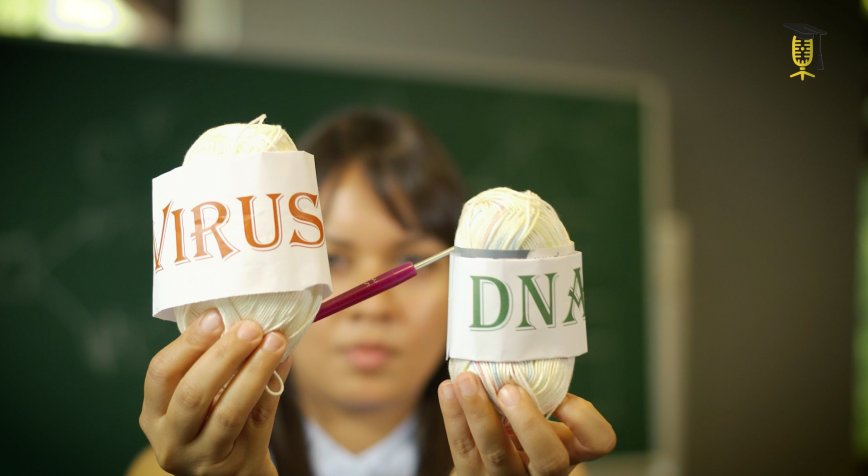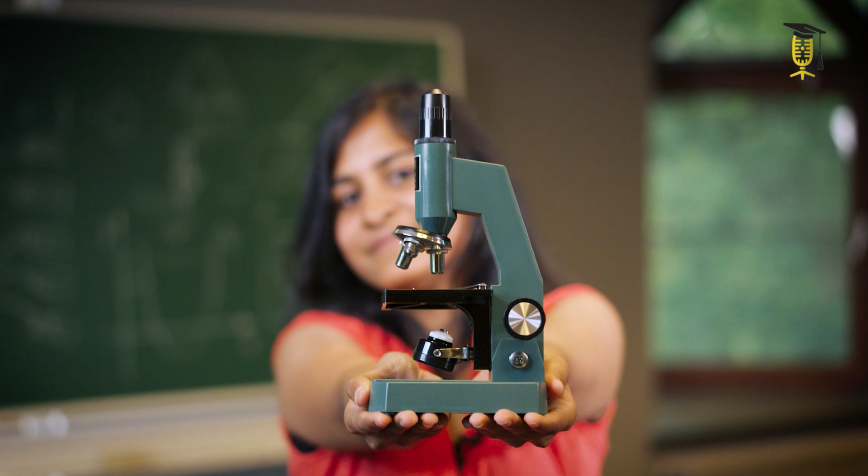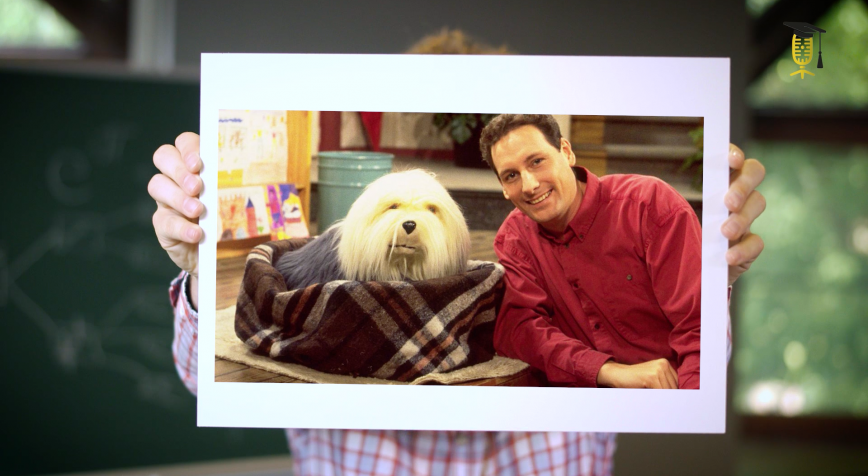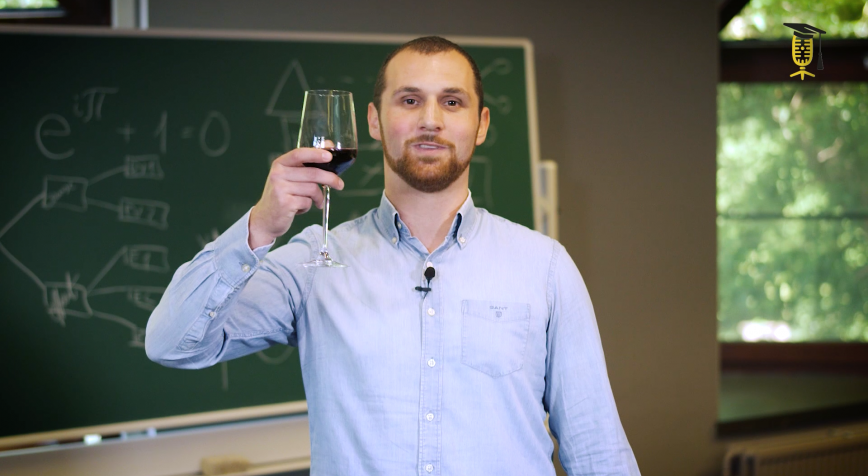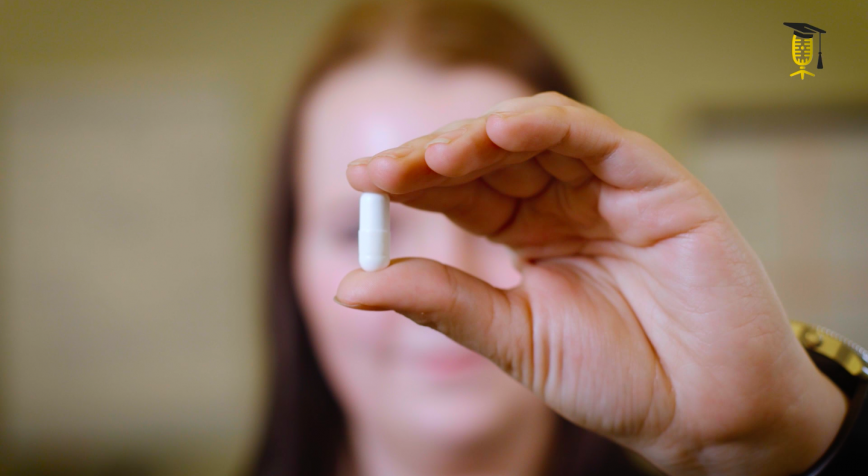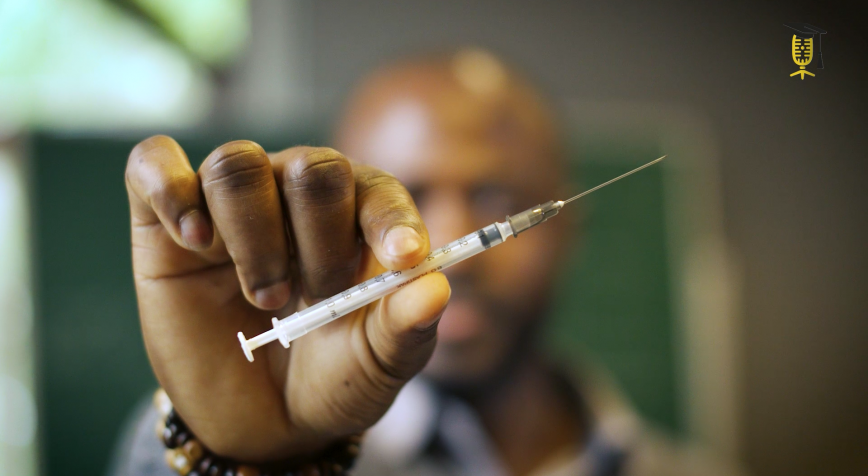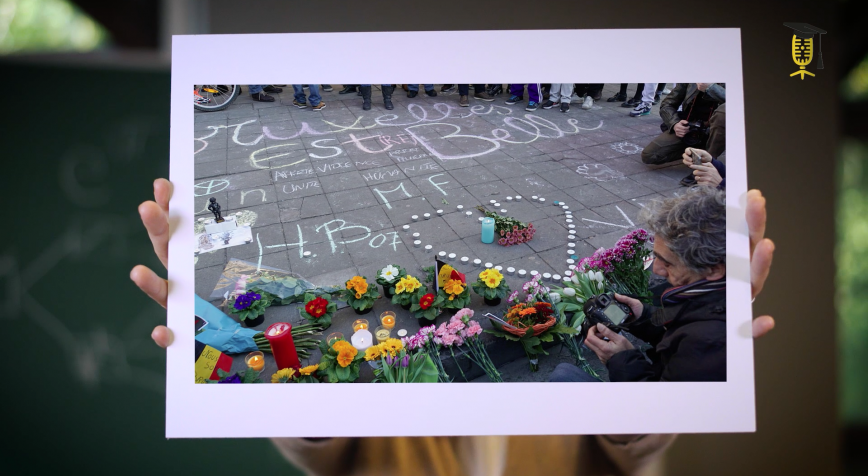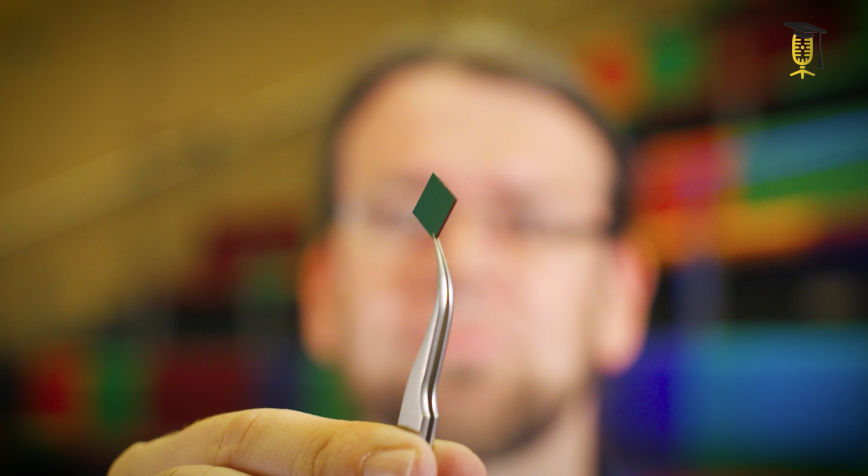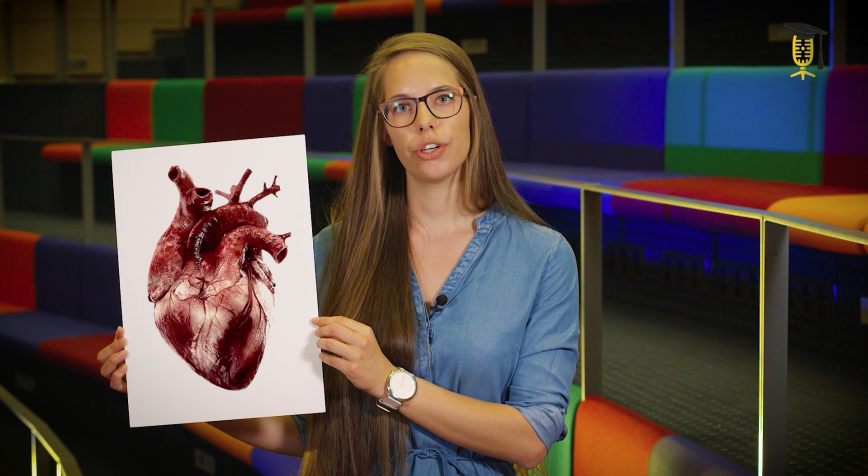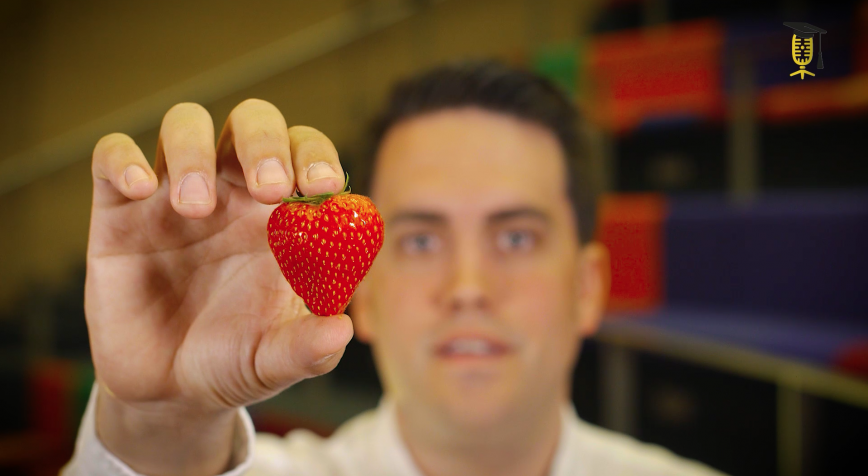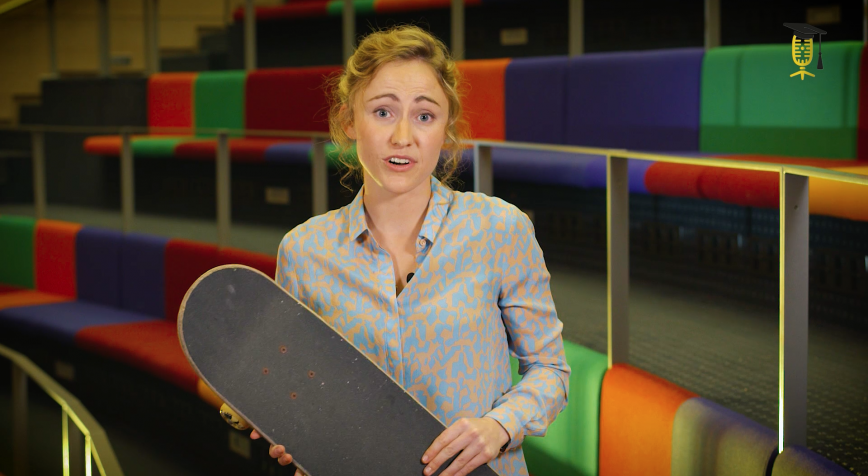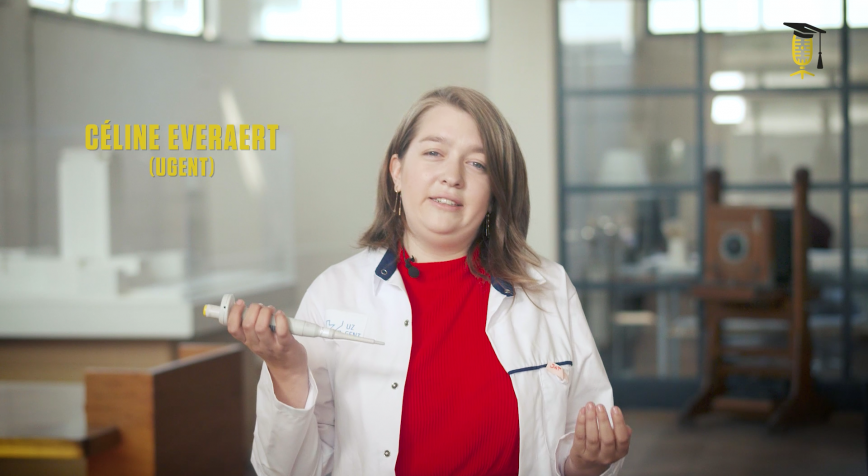
FWO
UGent
Using computing power to fight cancer
Did you know that cancer researchers draw inspiration from applications such as Amazon, Facebook and even Tinder? Armed with a supercomputer, Celine Everaert, like these applications, processes large amounts of data. Not to sell books or to help people get on a date, but to offer cancer patients personalised treatments.
